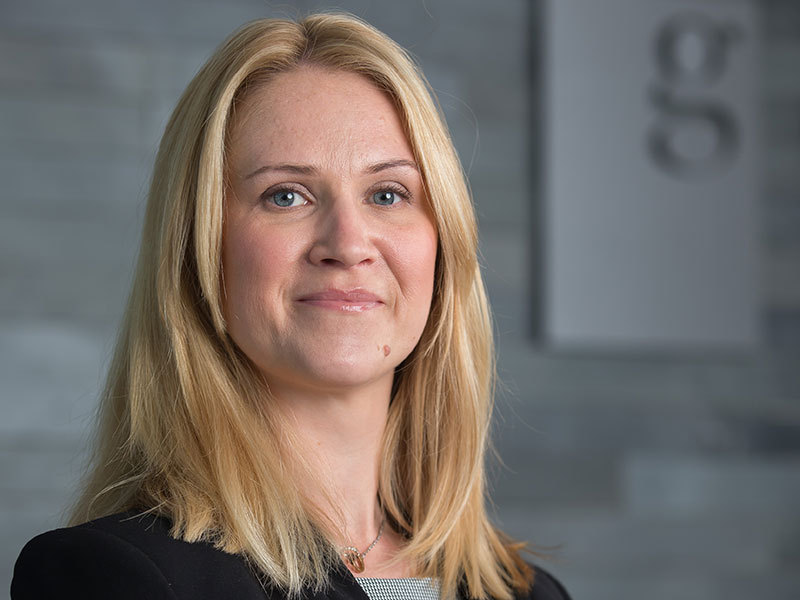
Despite recently breaking up with her fiancé, Kylie Minogue can at least take comfort in the fact she is still number one in the eyes of the business world.
For the singer and actress has just won a legal battle with Kylie Jenner, after the TV reality star applied to trademark the name Kylie in the US.
The move sparked a fierce feud with Ms Minogue, 48, whose legal representatives sent the US Patent and Trademark Office a long list of reasons why the trademark should not be granted.
They concurred the diminutive star is, indeed, the one and only Kylie – at least in trademark terms.
Both Kylie and Vardy’s move is a strong reminder how important it is for anyone in business to ring-fence their name or catchphrase.
Not that Kylie is the first celebrity to try and protect their brand…
Recently the wife of England striker Jamie Vardy revealed plans to trademark the phrase ‘Jamie Vardy’s having a party.’
This will mean that the Vardys can keep control of the phrase and its use.
Both Kylie and Vardy’s move is a strong reminder how important it is for anyone in business to ring-fence their name or catchphrase.
Far too many people believe that they have rights to a name by virtue of creating the product. After all, they’re the ones who have cracked the idea and come up with the business plan to own a fortune.
And yet, without a trademark, they are far from safe, says Gemma Lingard, a specialist intellectual property lawyer with Gorvins solicitors.

“Registration of a trademark is all about protection. Simply registering the existence of a limited company at Companies House, does not give the proprietor, or the owner, the legal right to exclusively use a name in connection with the goods or services for which it is registered,” says Gemma. “Registering a trademark does.”
However, it seems that steaming in with the first name that comes to mind may not be the best thing to do.
How to choose a name
“Your business name or brand is one of the most fundamental ways in which customers recognise and interact with you and your brand – therefore it is crucial to get it right,” Gemma continues.
“You want to stand out from the crowd, be unique, keep it simple and stay true to your values. A catchy name often means your brand stays fresh and memorable overtime (think of the big ones such as Apple, Google, Amazon). That’s why you have to try and stay clear of unusual spellings or quirky acronyms, you don’t want to constantly have to spell it out. Likewise, unless a particular place or location of integral to your brand, try and avoid brand names that reference these. Not only may you end up with an ‘Iceland’ situation but you may end up limiting your product to a particular geographic area or prevent expansion.”
Gemma insists that the trademark must be unique – so business owners should search the trademark register beforehand to make sure if anyone has already registered a mark identical or similar to a proposed application. Otherwise they could find themselves in cold waters.
This is what happened to Iceland – the supermarket, that is – which earlier this year found out it could face a legal battle to save its name, after the Icelandic government has confirmed it is considering launching action against the brand.
The firm, which specialises in frozen food, has been trading under the name for 45 years and owns the European trademark for using the name Iceland, which would be the focus of any legal challenge. But businesses on the island now claim they are being prevented from promoting their own goods and services that include the name of their homeland, all thanks to the trademark registration across Europe.
The Hollywood approach
Many businesses focus on the name of the senior partner or sole trader. Earlier this year Great British Bake Off judge Paul Hollywood registered his name as a trademark for a huge list of potential products and services, ranging from mineral waters to hotel supplies.
The 50-year-old former baker applied to the Intellectual Property Office to trademark Paul Hollywood for goods and services including fruit juices, craft beers, restaurants, bars, cafes and hotel services. He already has a range of kitchenware including cake tins and baking trays.
It might even make sense to trademark a nickname associated with your business. Kylie Jenner’s mother, reality television star Kris Jenner of Keeping Up With The Kardashians trademarked the word ‘momager’, embracing a nickname that has stuck ever since her family’s rise to fame. In this case, once trademarked, Jenner would have the right to sue anyone who uses the nickname without permission.
But what is the difference between a trademark and a business name? And do you need to do one if you have the other?
“Trademarks and brands are often used interchangeably,” says Gemma. “A brand or business name identifies a specific product or name of a company – think of Coca-Cola, Nokia (that ring tone!) and MacDonald’s. Brands communicate the message about the product or service, to give the consumer reassurance about the origin. A brand once registered can become a trademark. A trademark is the legal representation of that brand and can be any combination of a name, slogan, logo or sound that protects the unlawful use of the brand name by anyone else.”
“There is no need to register your brand as a trademark, but if you have spent time developing your brand or name and building up the brand identity, why wouldn’t you want to protect your business by registering the trade mark? This gives you the legal protection from others from copying your idea.”
But by pretending trademarks don’t exist, business owners may find that they are not always ‘so lucky’ as Ms Minogue.

